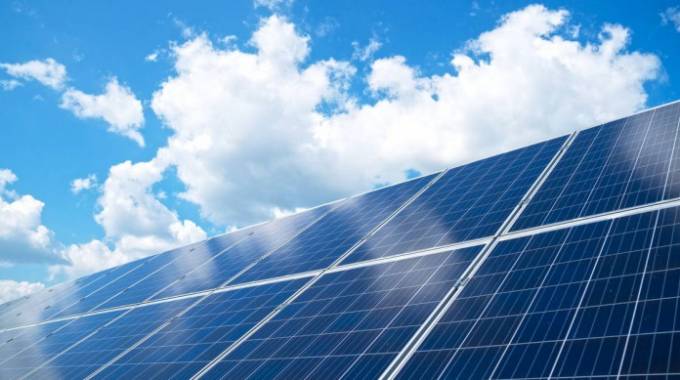
Eng Tatenda Nyamayaro
LIKE most Southern African countries, Zimbabwe has not been spared from the power crisis that has seen available electricity failing to meet demand.
The short supply of electricity, coupled with the recent increase in electricity tariffs, has made it necessary for all Zimbabweans to consider other sources of energy, especially renewable energy.
This is energy that mother nature graciously gives us for little to no cost.
One of the sources of renewable energy is solar energy.
In this short series, we discuss solar energy for both commercial and domestic users. You may be wondering like many others what this solar energy stuff is all about and what panels, inverters or batteries do. You may also be wondering what exactly you need to be able to power the lights, televisions, fridges, etcetera in your home.
Again, you may be wondering about the costs and how to identify original products from fake/substandard ones.
By the end of this series, you are guaranteed to be a solar energy fundi. You can then easily decide to go solar or not.
ln this first part, I am going to introduce you to all the basic components of a solar system and also highlight all the equipment needed for an entry level solar system.
Solar energy can effectively supplement thermal and hydro generated power on both domestic and commercial levels. A quick look at the wiki-solar website will show that our neighbours, South Africa, are ranked 12th in the world on deployment of solar power plants 4MW and above. This is the way to go. Although South Africa has power shortages, their effort in implementing solar projects must be applauded.
Zimbabwe is following suit and has many solar power plants ready for take-off. Power plants, however, may be way up there for most of us. Our concern is solar energy on a household or business level.
Factors that you may consider in making your decision to go solar are plenty, let us look at some of them.
The major factor in Zimbabwe is the cost. Although duty has been removed on the importation of solar products, it is still costly to set up a solar system, compared to the cost in other countries. From my comparison, prices are more than 30 percent higher in Zimbabwe than in neighbouring South Africa.
But after the initial setup cost, solar energy can save you a considerable amount on utility bills, which is enough to provide a return on your investment in the long run.
The factors you may seriously want to consider are as follows:
Cost, security, skilled installers and system designers, good, original and guaranteed purchased components, season, geographical location, warranty, off grid or grid tie, and size of solar system required (what you require to be powered by the solar system).
ln our next instalment, we will discuss these factors and what to do should you decide to go solar.
Till next time, peace!
Eng Tatenda Nyamayaro is the Project Engineer for T-Global (Private) Limited and is a renewable energy consultant and a former project engineer for Zimbabwe Power Company. You can reach him on 0772856122 or [email protected]
